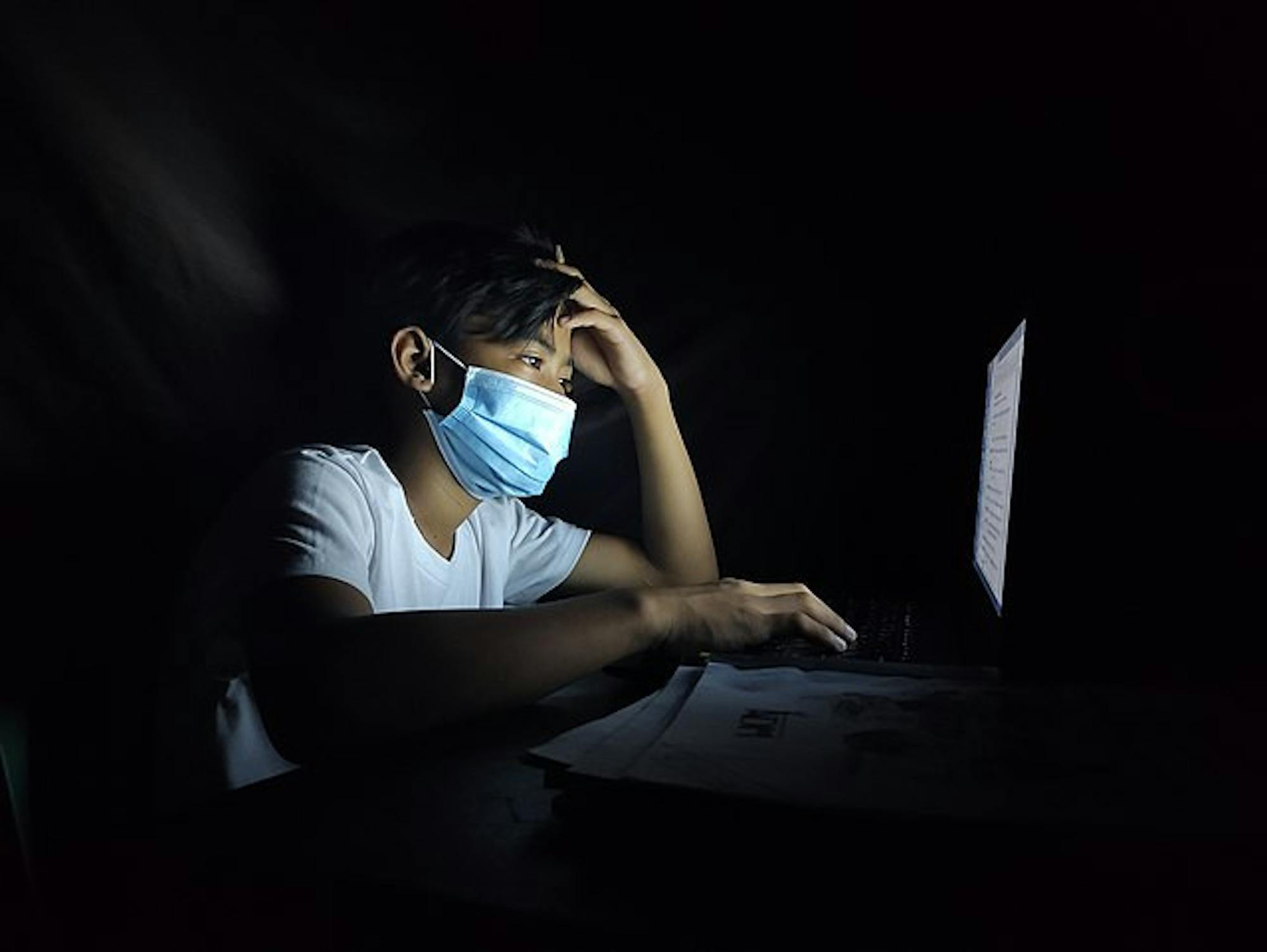After more than a year of virtual learning, many students and faculty members were eager to finally resume in-person instruction. However, some faculty members recently decided to switch their in-person classes to an online format amid a spike in campus cases, leading to mixed reviews from the Emory community.
The University reported 51 positive COVID-19 cases among students on Sept. 2, matching the record-amount of positive cases from February. While cases have decreased since earlier this month, 99 students and 22 faculty and staff members have tested positive over the past 10 days, according to the Emory COVID-19 Dashboard on Sept. 18.
The increase in cases led Emory College to give faculty the option to move their classes online, Senior Associate Dean of Faculty Deboleena Roy said.

Some professors said they have been motivated to move their courses online based on the number of students in isolation or their personal quarantine needs. Others moved online as a preemptive measure, should even more COVID cases arise and the University switch to entirely-virtual classes.
“Eleven [College] faculty … have registered with the Department of Accessibility Services and, based on establishing eligibility for accommodations under the [Americans with Disability Act], were approved to move to online teaching for the fall 2021 semester,” Roy said as of Sept. 9.
A first-year student told the Wheel that they had one day of their Biology 141 class moved online in early September. In an email to their students provided to the Wheel, the professor credited the move to concerns regarding COVID-19 transmission, writing that it would allow them to experience class virtually should the University move online.
Similarly, Assistant Professor of Linguistics Jason McLarty switched his upper level anthropology and linguistics courses to an online format for two weeks due to rising COVID cases.
“I have a young child at home who’s unvaccinated and goes to school,” he added to his list of reasons.
McLarty noted that this wasn’t a difficult switch, as he taught both of these courses online last year and designed them to be “easy to flip online.” He added that a professor’s responsibilities during a pandemic include trying to “keep everybody as safe as possible.”
While professors have viewed the potential transmission of COVID-19 with caution, students have responded to this switch from in-person to virtual teaching with mixed perspectives.
“It would have been more convenient to have it in person for my first year, so I could have that interaction with the professor and other students,” Merom Arthur (24C) said of her class.
As a freshman last year, Arthur struggled with her decision to take her Biology 141 course online. She explained that the combination of in-person and online this year makes it easier to balance classes.
Like Arthur, Hope Jackson (23C) had a difficult relationship with virtual classes. So when her philosophy class switched online, she was frustrated.
“I personally at first was very disappointed,” Jackson said. “I struggle a lot with online learning in that format. I connect much better with people in person, which helps a lot with engagement and learning.”
Although many students prefer in-person classes, several said they understand faculty’s decisions to switch to altered course formats.
“It has ended up being pretty beneficial,” Jackson said about her class moving online. “I didn’t expect to enjoy it this way, but I do now. It’s allowed for a bit more freedom.”
Despite student and faculty concerns over COVID-19 transmission, Roy explained that classrooms remain safe because of the University vaccination and mask requirements. More than 97% of students and 92% of faculty and staff are fully vaccinated, the Emory COVID-19 Dashboard reported Sunday.
“The evidence is showing that if there is any kind of transmission happening, it’s not happening in the classroom,” Roy said. “It’s happening outside and mostly when students are going off campus and are not masked. The classroom remains one of the safest spaces for both faculty and students on campus.”





